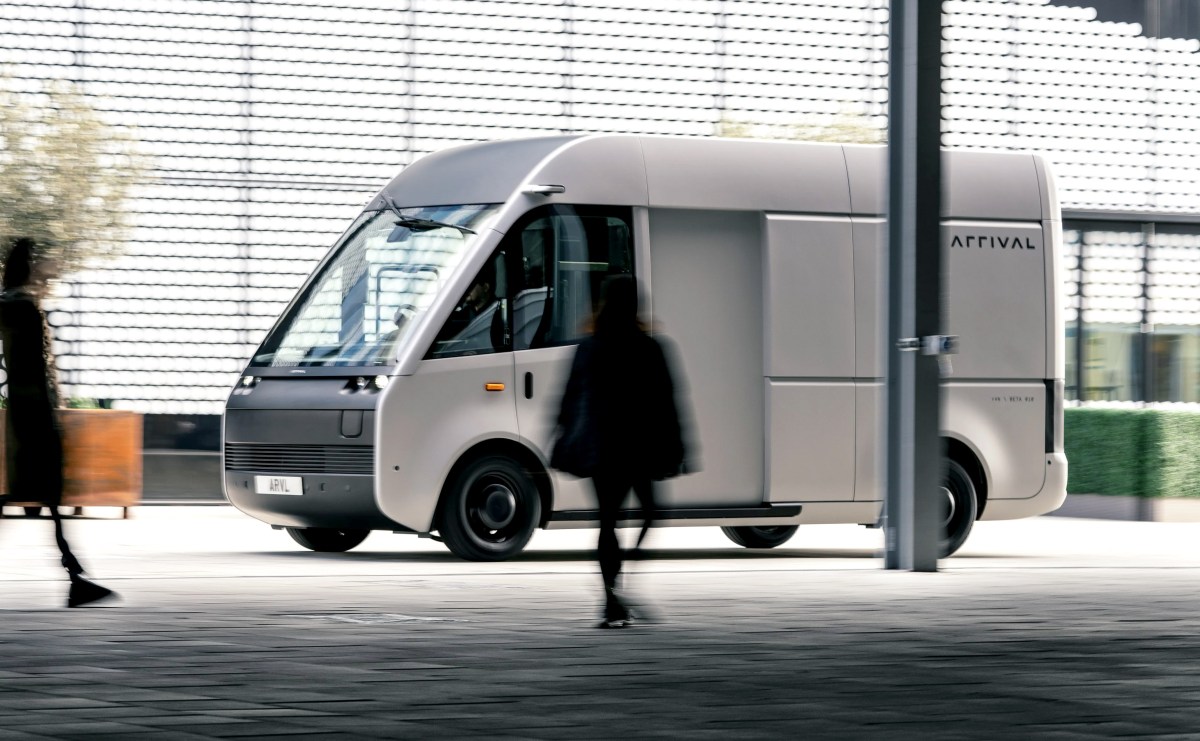Commercial EV startup Arrival’s business continues to unravel. Arrival announced Monday in a regulatory filing that its U.K. division is entering administration, the country’s version of bankruptcy. The troubled company, which went public in 2021 via a merger with a special purpose acquisition company, said it’s looking to sell its U.K. assets and intellectual property […]
© 2024 TechCrunch. All rights reserved. For personal use only.
Commercial EV startup Arrival’s business continues to unravel.
Arrival announced Monday in a regulatory filing that its U.K. division is entering administration, the country’s version of bankruptcy. The troubled company, which went public in 2021 via a merger with a special purpose acquisition company, said it’s looking to sell its U.K. assets and intellectual property in order to pay back the lenders that helped it stay afloat.
The push into administration comes just a week after Nasdaq announced it was pulling the startup’s shares from its stock exchange, and a little less than a year after Arrival pulled together a $300 million lifeline in an attempt to turn the business around.
Arrival says other subsidiaries outside the U.K. will continue to operate, but the company didn’t explain what that means. More than 170 jobs are at risk in the U.K. alone, according to the Financial Times.
Once valued at more than $13 billion and backed by Hyundai and UPS, Arrival made big claims about how it was going to revolutionize the way electric vehicles are made. Today, Arrival is valued at about $9 million.
The center of its EV vision involved building electric commercial vans and buses in extremely compact “microfactories” that could be located in city centers. Those plans never bore out as the company continually bled money, while also taking on a wide array of projects like an electric bus and a purpose-built car for Uber. Arrival also cycled through a number of executives and restructured at least three times, laying off workers in each instance.
In 2022, Arrival shifted its focus to the United States and away from the U.K. market, where it is headquartered and where the first EV vans were supposed to be delivered. The pivot was part of a restructuring aimed at preserving capital. However, that has also fallen flat with Arrival failing to produce and deliver commercial vehicles.

Leave a Reply